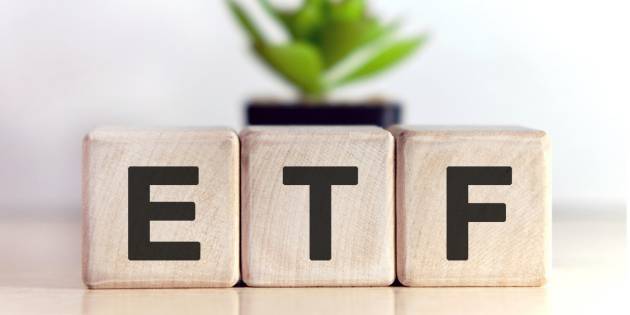ETFs, or Exchange Traded Funds, are a popular investment product in the United Kingdom. They offer investors access to a range of assets, such as stocks, bonds, and commodities, in one convenient basket. ETFs are bought and sold on exchanges like other securities, but their settlement process is slightly different. In the UK, ETFs typically settle within two business days after purchase.
How to settle an ETF
Select an investment provider
The first step when settling an ETF in the UK is choosing an investment provider. Investors should research providers carefully to ensure they choose one that meets their needs and offers good value. When making this decision, it is essential to consider fees, product range, customer service, and other factors.
Choose an ETF
Once an ETF provider has been selected, investors should research the ETFs available and decide which one to invest in. Factors such as the fund size, asset allocation, fees and expenses, track record and liquidity should all be considered when making this decision.
Place a trade order
When investors are ready to purchase shares of an ETF, they must place a trade order with their investment provider. Traders can do this either online or over the phone. Specifying how many shares you want to buy and at what price when placing your trade order is essential.
Make payment for the ETF
The next step is to make payment for the ETF investment. Typically, this will involve transferring funds from your bank account to the broker. It may take several days for the money to reach your account, so you must ensure that you have enough funds available when placing your order.
Clear and settle the trade
Once payment has been made, the trade will go through a clearing and settlement process. It involves verifying that the traded securities are valid and transferring them between brokers. In the UK, this typically takes two business days from purchase.
Update your portfolio
Once an ETF has settled, investors should update their portfolios to reflect their new holdings. Traders can do this manually or with portfolio management software such as Quicken or Moneydance. It is essential to keep track of all transactions and ensure that your portfolio is up to date.
Monitor performance
Investors should monitor the performance of their ETFs over time to ensure that they are meeting their objectives. Reviewing returns and fees will help investors determine whether the ETF suits their needs.
Rebalance when necessary
It is essential to periodically rebalance an ETF portfolio so that asset allocations remain aligned with investor goals. Traders can do this either manually or automatically by setting up a regular schedule of buy and sell orders.
What to consider before trading ETFs
Before trading ETFs, traders should consider several factors. It will help them determine the best investment strategy for their needs. Additionally, they should understand the risks involved in trading ETFs, including price volatility and counterparty risk.
Tax implications
Investors should be aware of the tax implications of trading ETFs in the UK. Different types of investments have different tax requirements, and it is essential to understand these before making any trades.
Fees and expenses
When investing in ETFs, investors should consider the purchase price and ongoing fees and expenses, such as management fees and other costs associated with holding an ETF. These can quickly add up over time, so it is vital to consider them when deciding whether an ETF is a good investment.
Risk profile
Investors should assess their risk tolerance before investing in ETFs. Some ETFs offer higher returns than others but may involve more risk. It is essential to consider how much risk you are comfortable taking and ensure that your ETF choice matches this.
Investment horizon
The investment horizon for ETFs is typically short to medium-term. It is essential to consider how long you plan on holding the ETF and factor this into your decision-making process.
Liquidity
ETFs are typically easy to buy and sell, but the liquidity of a particular ETF can vary. Traders should consider leverage when making an investment decision, as it may affect how quickly they can liquidate their position in the event of a market downturn.
